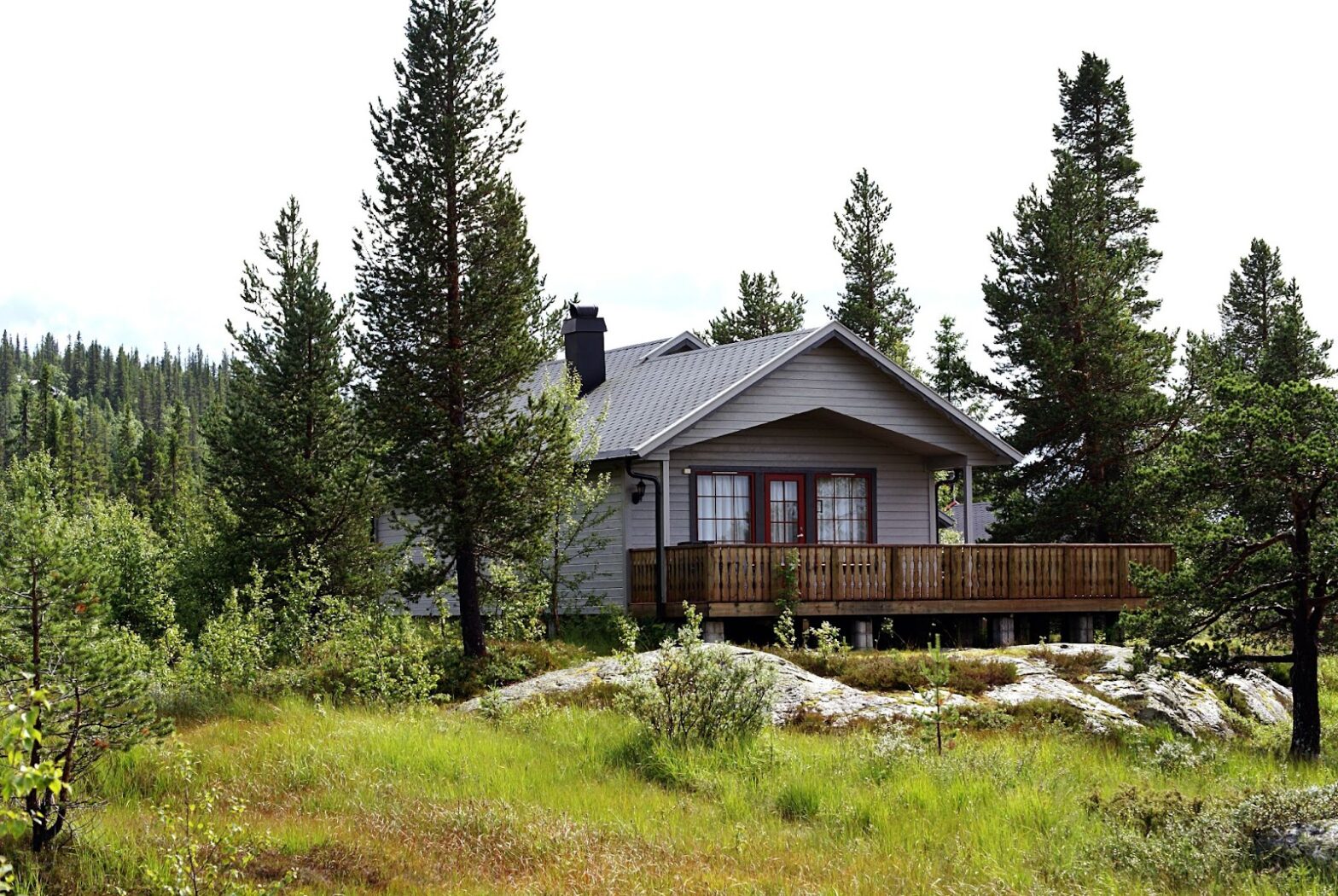Whether you’re envisioning a cozy cabin, a spacious hunting lodge, or simply a place to park your RV, recreational land can seem like the perfect solution. Before you start breaking ground, it’s important to understand what you can and can’t do on your piece of paradise.
That’s why we’ve created this guide to help you determine if you can build on recreational land and, if so, what your options are. In this comprehensive article, we’ll cover everything from the types of recreational land to the regulations that govern building, so you can make an informed decision about your dream getaway.
What Is Recreational Land?
Recreational land refers to property that is used for leisure and recreation, such as camping, hunting, fishing, and hiking. Unlike traditional residential or commercial properties, recreational land often has specific zoning regulations that limit what types of structures can be built on the land and how they can be used. In order to determine if you can build on your recreational land, it’s important to have a clear understanding of what recreational land is and what it involves.
Types of Recreational Land
Recreational land can come in a variety of forms, including forested land, waterfront property, and desert terrain. Recreational land is often characterized by its location and natural features, such as its proximity to water, forests, and wildlife.
Some recreational land may also come with additional amenities, such as fishing ponds, RV parks, hunting and camping land, or hiking trails. Understanding the unique characteristics of your recreational land will help you determine what types of structures may be allowed and what kind of building restrictions you may face.
Factors That Determine If You Can Build On Recreational Land
- Property Deed Restrictions
The property deed is an important factor to consider before building on recreational land. Property deed restrictions are limitations on the use of the land and can dictate what can be built. Review your property deed to understand any restrictions that may impact building on the land.
- Cost Considerations
Building materials for recreational land properties may be more expensive due to transportation and specific building code requirements. There can also be a limited pool of skilled labor available in the area, which can affect both the cost of labor and the construction timeline.
The cost of land is often lower on recreational land compared to urban or suburban areas, which can provide significant savings on the overall cost of building a home. However, it’s important to keep in mind that land costs can vary depending on location, size, and other factors. Create a budget and financial plan before starting a building project on recreational land.
- Access to Utilities
Access to electricity, water, and sewer services is an important factor to consider. The availability of these services and the distance from utilities will impact the cost of extending services. It’s crucial to determine the accessibility of utilities early on in the process to avoid any potential issues or added costs.
- Zoning Regulations
A key aspect of zoning regulations is the designation of land use, which determines what types of structures can be built. Be aware of the restrictions and permissions outlined in local zoning laws. Researching local zoning laws is a vital step in determining if you can build on recreational land.
- Local Building Codes
Understanding the local building codes and regulations is important to ensure code compliance. Work with local authorities to ensure that your building plans meet the necessary requirements.
- Environmental Regulations
Environmental regulations are designed to protect natural resources and consider the environmental impact of building on recreational land. Obtaining environmental permits may be necessary before starting a building project.
When deciding if you can build on recreational land, it’s important to think about how it will affect the environment and how natural resources will be protected. If the recreational land is located in an environmentally sensitive area, you may need to obtain environmental permits. The cost of these permits can impact the overall cost of building a home.
The Benefits of Building on Recreational Land
Building on recreational land can offer many advantages if you are looking for a change of pace from the fast-paced and crowded urban lifestyle. Some of the benefits to consider are:
- Sustainable living: A focus on self-sufficiency and reliance on natural resources can be incorporated into a more sustainable way of living when constructed on recreational land. If you’re interested in living a more eco-friendly lifestyle, recreational land can be the perfect option for you.
- Privacy: Recreational land is often located in remote areas, which can provide a greater sense of privacy and seclusion. If you’re looking to escape the busy city life and enjoy a more peaceful environment, recreational land could be ideal.
- Potential for recreation: Recreational land provides easy access to outdoor recreation opportunities, such as hiking, fishing, boating, and more. If you’re an outdoor enthusiast, this can provide you with the perfect opportunity to enjoy a wide range of outdoor activities.
- Scenic Views: Recreational land is often situated in beautiful and scenic locations, surrounded by nature and offering stunning views. Whether you’re a nature lover or just looking for a change of scenery, building on recreational land can provide an opportunity to enjoy breathtaking views every day.
- Customization: Building on recreational land provides more freedom for customization and design compared to urban or suburban areas. This means you can build a home that truly reflects your personal style and preferences.
- Affordability: In comparison to urban or suburban areas, building on recreational land can be more affordable. The cost of land is often lower, which provides significant savings on the overall cost of building a home.
Endnote
Building on recreational land provides many benefits for those looking for a change of pace from urban life. From scenic views to the potential for recreation and sustainability, there are many reasons to consider recreational land as your next building location. However, it’s also important to carefully research and consider all the factors that come with building on recreational lands, such as zoning regulations, environmental regulations, and access to utilities.
Whether you’re looking for a serene and peaceful retreat or a sustainable and environmentally-friendly lifestyle, building on recreational land may be the perfect choice for you. Do you have recreational land that you’re considering selling and you need fast cash? We’ll buy your land without any obligations or listing fees. Why not give us a call today and get a same-day offer?

